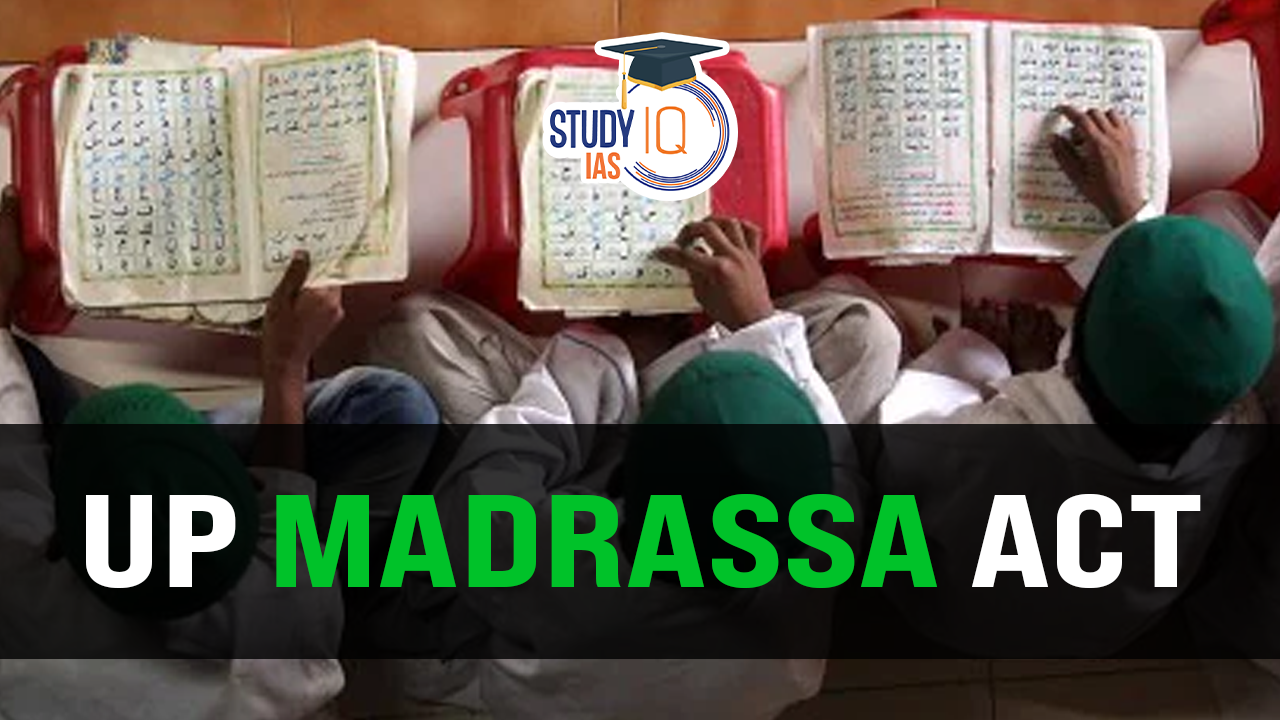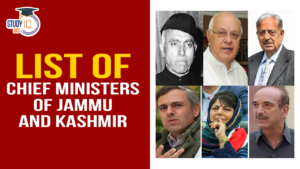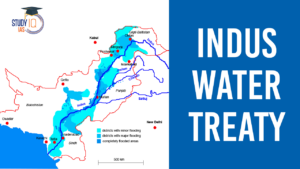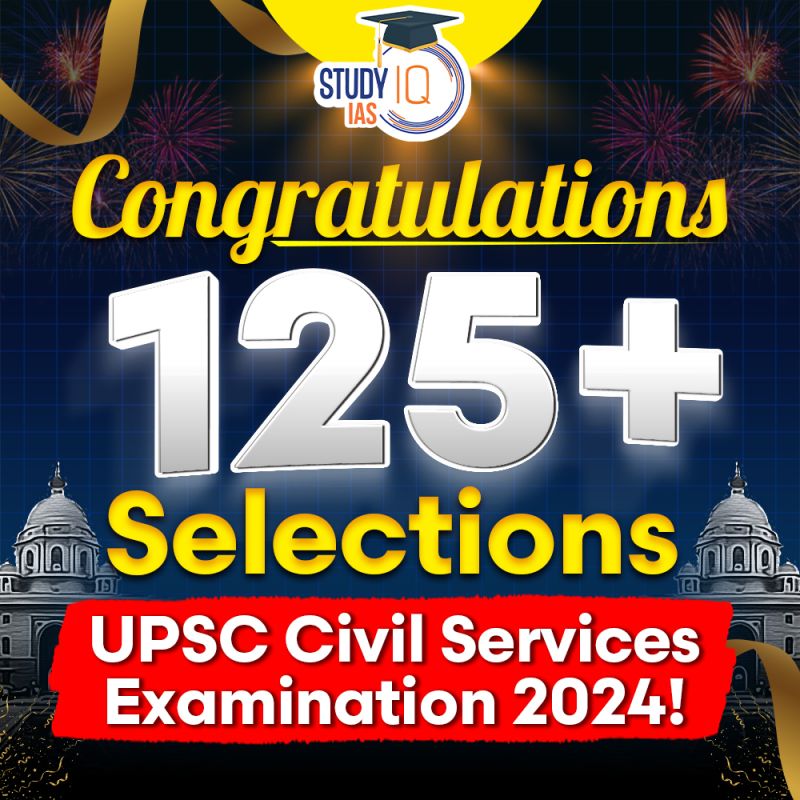Table of Contents
What was the Uttar Pradesh Board of Madarsa Education Act, 2004?
- It was created to manage and organise the operation of madrasas (Islamic schools) in Uttar Pradesh.
- This Act set up guidelines for starting, recognizing, and running madrasas in the state, covering everything from their curriculum to administration.
- It also led to the creation of the Uttar Pradesh Board of Madarsa Education, which is responsible for overseeing and guiding these schools across the state.
Supreme Court’s Ruling on the Uttar Pradesh Board of Madarsa Education Act, 2004
- Higher Education Provisions Unconstitutional: The Supreme Court declared that the provisions related to higher education (Fazil and Kamil levels) in the Act were unconstitutional.
- These provisions conflicted with the University Grants Commission (UGC) Act, 1956, which falls under the Union’s exclusive jurisdiction according to Entry 66 of the Union List.
- Basic Structure Doctrine: The Supreme Court rejected the High Court’s application of secularism as part of the Basic Structure doctrine to invalidate the Madarsa Act. It referenced its earlier judgment in Indira Nehru Gandhi (1975), stating that this doctrine should only apply to constitutional amendments, not ordinary legislation.
- Regulation of Minority Institutions: Although Article 30 grants minorities the right to establish and manage their educational institutions, the Court clarified that this right is not absolute.
- The state can impose regulatory conditions to maintain educational standards, especially for institutions receiving aid or seeking recognition.
- Broad Interpretation of Education: The Court interpreted “education” in Entry 25 of the Concurrent List broadly, covering both secular and religious education.
- Since madrasas primarily serve an educational purpose, they fall within this entry.
- The Madrasa Board’s role in conducting exams and issuing certificates also supports this interpretation.
- Reversal of Allahabad High Court’s Ruling: The Supreme Court overturned the Allahabad High Court’s judgment, which had claimed that the 2004 Act violated Article 21A (Right to Education) and secularism.
- The Court clarified that Article 21A should be viewed alongside the rights of religious and linguistic minorities to establish their institutions.
- Religious Instruction in Minority Institutions: Referring to Article 28(3), the Court noted that students at state-recognized minority institutions should not be forced to participate in religious instruction or worship, thus safeguarding their freedom of religion.


 List of Chief Ministers of Jammu and Kas...
List of Chief Ministers of Jammu and Kas...
 Cabinet Committee on Security Suspends I...
Cabinet Committee on Security Suspends I...
 Pahalgam Terror Attack: All Eyes on Paha...
Pahalgam Terror Attack: All Eyes on Paha...






















